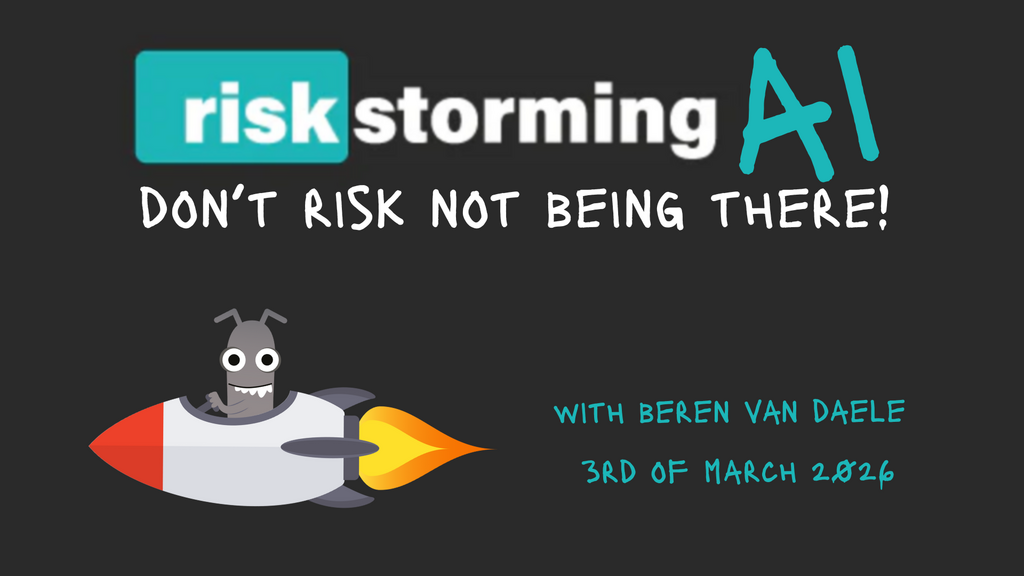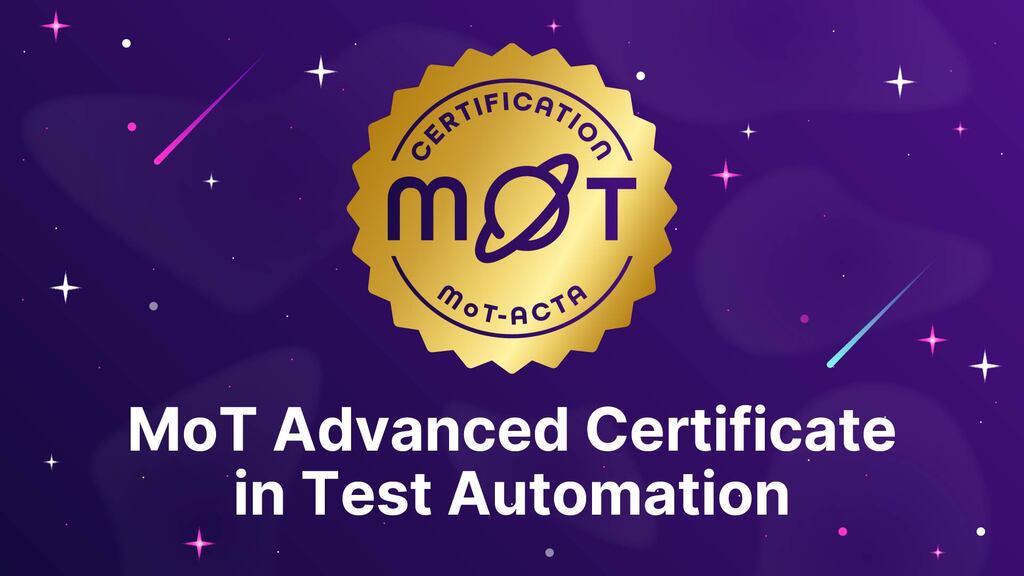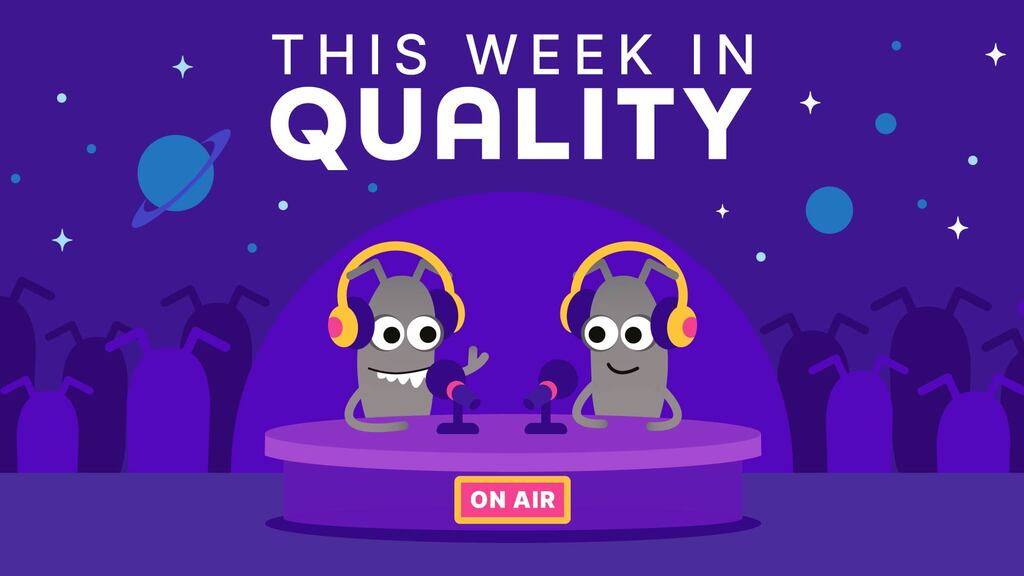By Joel Montveliksy
The Early Years of My Career
The truth is, I got into testing by accident. I was, in fact, just looking for a convenient job I could do while completing my studies in Industrial Engineering in college. From there, things sort of snowballed. I worked as a tester before I became a QA Lead and then a QA Manager on a number of Startups in Israel and then in Silicon Valley (California, USA).
During my initial years, I always felt that most of my work was regarded as similar to that of an emergency response team. I did not much like being called upon to “put out fires” and convince developers to fix things that were wrong or broken. All of the above I have since come to realize is part of many QA professionals’ origin stories.
One such example is that in many cases, developers would only fix bugs that were reported by me when I sat next to them, making sure they didn't move their attention to other “more important” tasks.
My Professional “Aha” Moment
At one point in the early 2000’s, I was hired as the QA Manager for TestDirector in Mercury Interactive and attended the StarEast testing conference. There I was introduced to Exploratory Testing, Master Test Planning, Risk-based Testing, and a bunch of additional deeper ideas around testing and QA which cemented my love for Testing.
For those of you who are not familiar with the concept, exploratory testing is a software testing approach, where Test cases are not mapped out and planned meticulously in advance, rather it is testing the system on the fly. Testers conducting exploratory testing may note down ideas about what to test before test execution, but the focus of exploratory testing is more on testing as a "thinking" activity...
Back to my professional path; I continued to expand my knowledge and experience in automation and automation test management when I became the QA Manager for QTP and WinRunner (WR).
Creating Solutions to Overcome Challenges
And at one point I felt confident and inspired enough to Co-found PractiTest - A test management solution, based on the vision of creating a testing tool focused on increasing visibility and efficiency of QA projects, helping testers manage and convey the quality of their work to development and other project stakeholders.
I also started to voice my opinions on a professional blog- The QA Intelligence, where I share my personal thoughts and experience about what is going on today in the testing world and stuff that helps me to become a better tester, including lessons that I have learned from watching my kids learn about the world as they’ve grown up.
Strengthening the Testing Community
One activity that I take real pride in, as part of this blog is the State of Testing™ Project. This survey, which has been running since 2013, where I am the co-editor along with Lalitkumar Bhamare from Tea time with Testers magazine, relies on input from the testing community and is for the testing community. Using the answers that are collected from the QA professionals all over the world, we learn about the current trends in the testing world and see how these have evolved over the years. The final report which is shared also accounts for shifts and changes in development that the software testing industry is going through;
- the inclusion of All team testing,
- increased usage of CI/CD and automation as a part of the testing process,
- more geo-distributed teams and much more.
Another activity I take pride in is the OnlineTestConf- a free all online testing conference that allows anyone to attend a testing conference, and increase their professional knowledge and feel a member of the global testing community, without the need to get approval from their higher management for flight, accommodation and ticket price. Long before COVID-19 had come to our life, we had already seen the potential of online worldwide events. OnlineTestConf, which started in 2016, runs twice a year, in 3 different time zones, has thousands of registrants, and allows testers from all industries and positions to attend and enrich their professional knowledge for free.
For the past year I have also started a testing Podcast- ‘Testing One on One’, where I talk about testing related issues with my friend Rob Lambert.
Maintaining Focus on Quality
My main focus nowadays is to ensure that testing is not perceived as a profession with a goal to catch bugs before the product is released into the market. Sure, this is a part of the software tester’s job, but taking the words from Alan Page and Brent Jensen in their “ Modern Testing “ , the role of software testers is to enable quality culture in the organization, and to empower all members of the team, whether they are developers, project managers or ‘other’ to take ownership of the quality of their product.
What might have started as an accidental professional-life path, has in fact become a purposeful calling to spread the message that testers provide quality and that there is a lot of skill, honor and technique to our profession. We should always be dynamic and evolve within our profession, professional improvement should be continuous and accessible to all.
Author Bio
Joel Montvelisky, PractiTest’s chief solution architect and testing evangelist with the QA Intelligence blog. Joel will share several applicable tips and tricks to sustain a high level of QA coverage under the current circumstances, via test management platforms, and their less obvious features. You can find Joel on Twitter.




